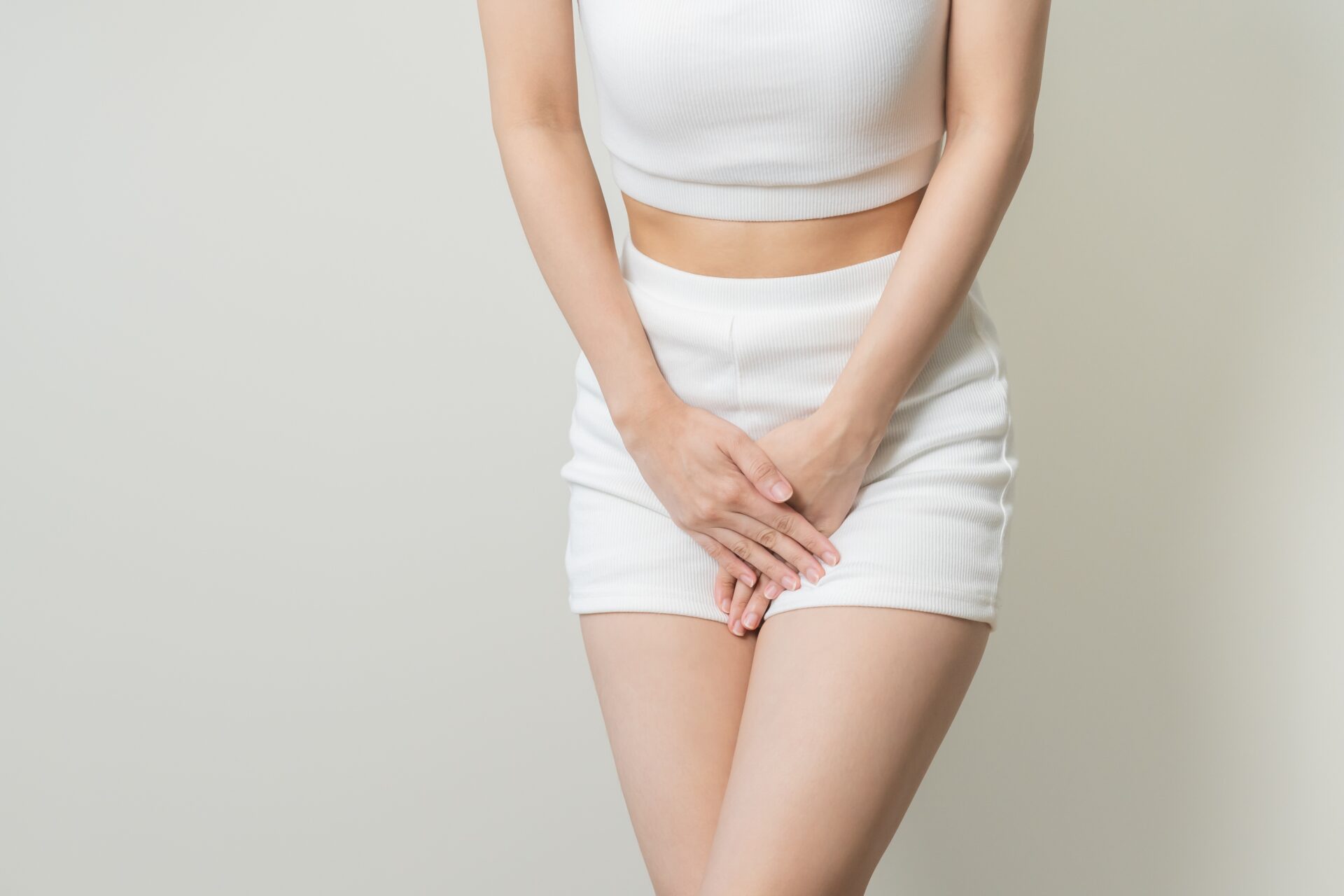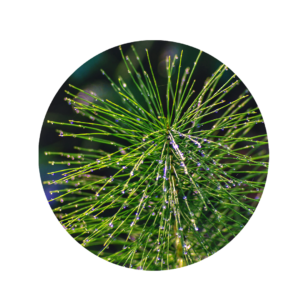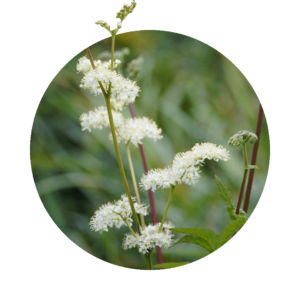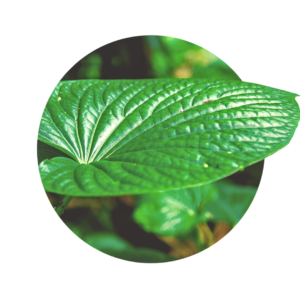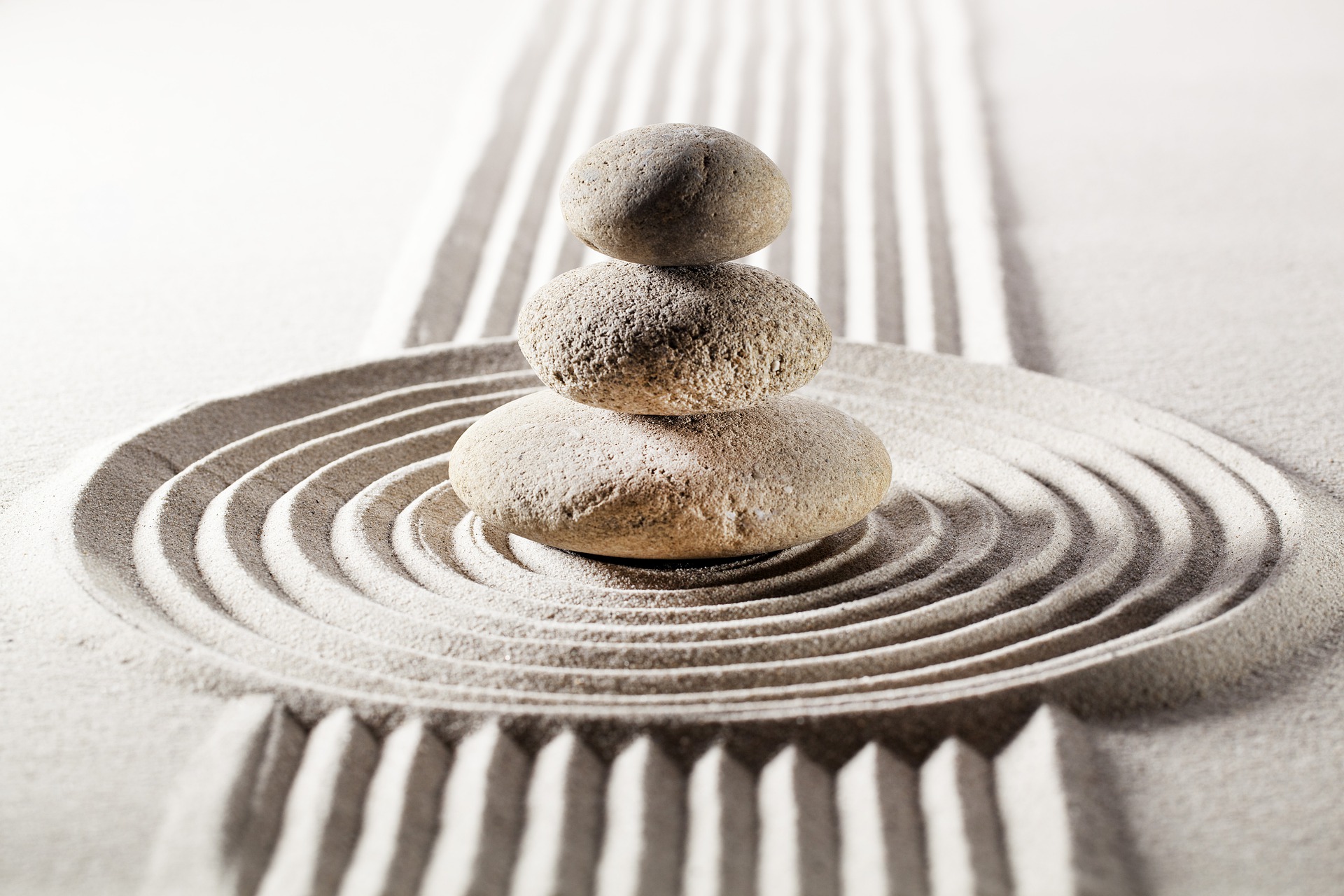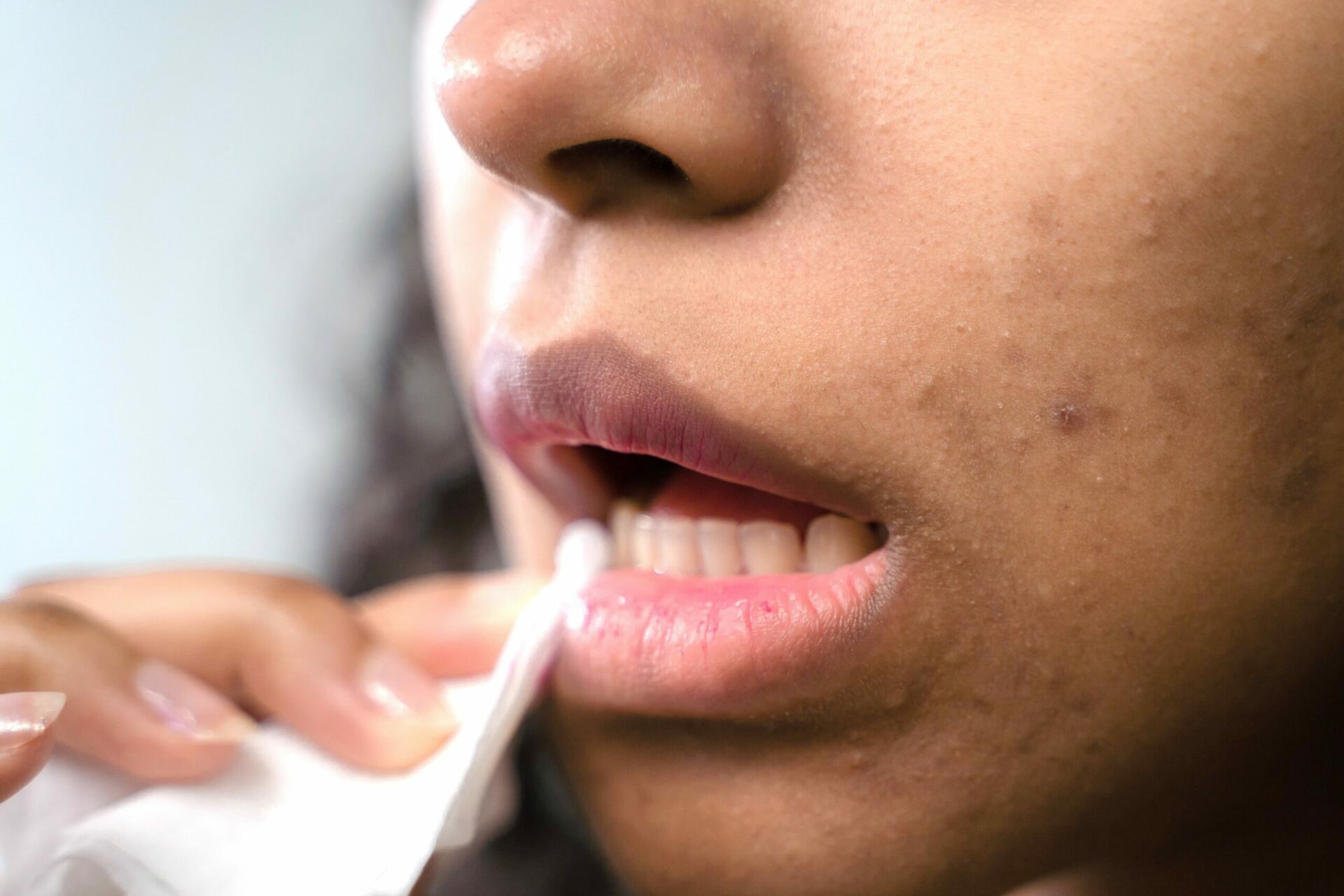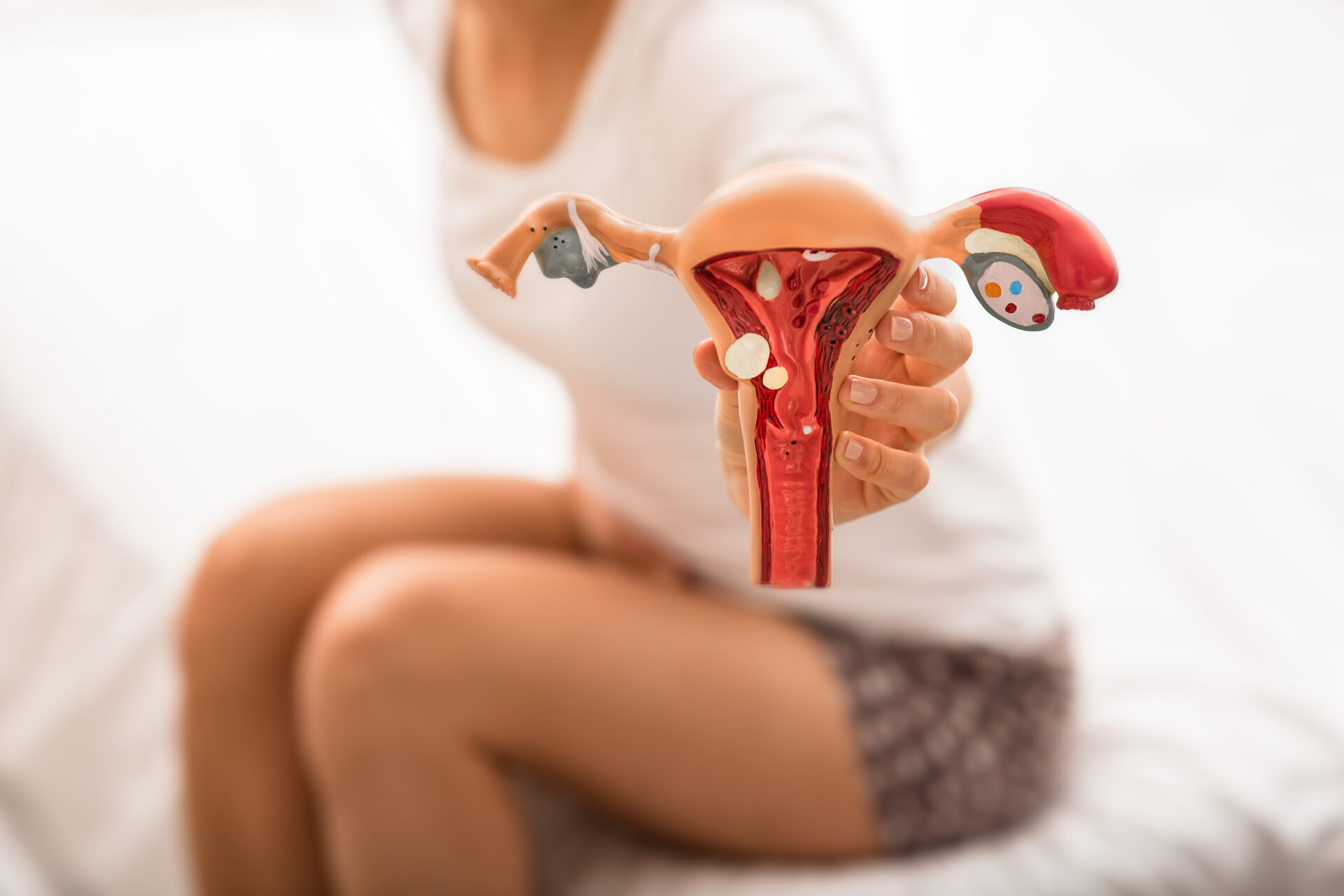Oh no - you have to go to the toilet again, even though you've only just been? This is not bad at first. However, you may be suffering from an irritable bladder if you have to go to the toilet really often. There may even be a small mishap at some point if you don't make it in time. In order to counteract these difficulties, we will introduce you to the causes and symptoms as well as coping strategies below. If this has piqued your interest, we hope you enjoy reading the following article!
With natural methods, such as the individual spagyric mixtures from Zimply Natural, your complaints can be relieved naturally and sustainably.
Table of contents
- What is an irritable bladder anyway?
- What can cause an overactive bladder?
- These symptoms can occur with an irritable bladder
- These lifestyle changes can have a positive impact on your irritable bladder
- These conditions could be associated with an overactive bladder
- How irritable bladder is diagnosed in women and men
- Home remedies and natural tips that can help with an overactive bladder
- These medicinal plants can support you with your irritable bladder symptoms
- Zimply Natural - Your natural help for an overactive bladder
- FAQ: Questions and answers about the irritable bladder
What is an irritable bladder anyway?
An irritable bladder is an overactive bladder characterized by a frequent and sudden urge to urinate. You may also have a strong urge to visit the toilet. Of course, this can also happen to people without an irritable bladder, but it is even more extreme for those with an overactive bladder. You may have to go to the toilet even though you have only recently urinated. An irritable bladder can also lead to difficulties such as involuntary loss of urine and bladder cramps, which can put a strain on your everyday life. In addition to seeing a doctor, lifestyle changes, pelvic floor exercises or limiting irritating substances can help to alleviate your symptoms. To train your pelvic muscles, we will tell you the best-known exercises and sports that you should avoid.
That men can also be affected by an irritable bladder? In Germany, around 16% of people suffer from an irritable bladder. Women are more frequently affected, but that doesn't mean that many men don't also suffer from it.
What can cause an overactive bladder?
An irritable bladder can have many causes, one of which is age. Older adults are more often affected by an overactive bladder, as the bladder muscles can weaken with age. This reduces bladder capacity, which leads to frequent urination. Inflammation of the urinary tract can also irritate the bladder and cause an increased urge to urinate. Bladder stones that interfere with normal bladder function also have the same effect. There are also certain neurological diseases that can result in impaired bladder function. These include Parkinson's disease, multiple sclerosis and strokes. Foods that irritate the bladder can also cause an irritable bladder. These include caffeine, alcohol, hot spices, artificial sweeteners and carbonated drinks. Some medications have a similar effect, including antidepressants, certain heart medications and diuretics. In fact, many cases of irritable bladder occur in women during the menopause, as the hormonal balance changes, which can affect bladder function. Psychological factors such as stress, anxiety or emotional stress can also have an influence.
These symptoms can occur with an irritable bladder
In addition to the obvious effect of an irritable bladder, namely frequent urination, there are also some other consequences that can occur. For example, the urge to go to the toilet occurs even if there is only a small amount of fluid in the bladder. In the case of an irritable bladder, the function of the bladder muscles is impaired. This can also lead to accidents if you don't make it to the toilet in time. The urge to urinate is very frequent with an irritable bladder and can occur at intervals of 1-2 hours or less. People with an irritable bladder can also wake up several times during the night because they feel the urge to urinate. This can therefore disrupt sleep and rest. In addition, pain in the lower abdomen or bladder cramps may occur during or after urination. As these symptoms can be painful and a precursor to other illnesses, it is advisable to consult a doctor for clarification.
That women with an irritable bladder are often more likely to suffer from sexual dysfunctions such as sexual dysfunction and pain during intercourse?
These lifestyle changes can have a positive impact on your irritable bladder
To avoid infections and flush the bladder, adequate hydration is crucial. It is important to drink enough, but you should avoid excessive drinking before bedtime to minimize nighttime toilet visits. You should also try to avoid irritating foods such as caffeine, alcohol, hot spices, carbonated drinks and artificial sweeteners. These could put unnecessary strain on your stomach and bladder. On the other hand, a diet rich in vegetables, fruit, wholegrain products and lean protein is beneficial for your general health and your irritable bladder symptoms. Healthy and sustainable weight management can be very beneficial, as being overweight could increase pressure on the bladder. If you feel like it, you could try targeted exercises to strengthen your pelvic floor muscles, as these could improve your bladder control at best. In addition, regular visits to the toilet and thus avoiding suppressing the urge to urinate are essential for improvement. In general, a healthy lifestyle with sufficient sleep, stress management and physical activity will only benefit you.
These conditions could be associated with an overactive bladder
An overactive bladder can occur on its own or in combination with other illnesses. One of the most common accompanying illnesses is a urinary tract infection, which also includes Bladder infections and infections in the urinary tract. These can exacerbate existing symptoms and irritation and cause an increased urge to urinate and increased urgency. Bladder stones and bladder tumors can also disrupt bladder function and cause symptoms of an irritable bladder. Other effects can include pain and blood in the urine. In women in particular, hormonal changes, especially during the Menopausecan lead to an irritable bladder. This is caused by a lack of oestrogen, which can weaken the bladder muscles. Another concomitant disease of an irritable bladder can be diabetes. Untreated or poorly controlled diabetes in particular can lead to long-term nerve damage, which can result in impaired bladder function. Other diseases that can cause a disorder in the bladder muscles are neurological diseases such as multiple sclerosis, Parkinson's disease, strokes or spinal cord injuries.

The application of your Irritable bladder sprays is, by the way, very simple: The spray is simply sprayed into the mouth according to the dosage instructions given on the vial. In order to achieve the best possible effect and to be able to optimally counteract the causes, we recommend use over a longer period of six to eight weeks. As a kind of cure, you spray 3×3 sprays daily.
How irritable bladder is diagnosed in women and men
The diagnosis for women
First, the doctor will take a medical history, asking you about your medical history and the nature and duration of your symptoms. A precise description of the frequency of urination and urination is also important for the diagnosis. This is followed by a physical examination, during which your abdomen and pelvis are examined for pain, tenderness or changes. Urine tests can detect signs of inflammation and investigate abnormal symptoms such as blood in the urine. If necessary, uroflowmetry can be ordered to test whether there is an obstruction. This involves measuring the urine flow and comparing these values with normal values. Sometimes, depending on the symptoms and findings, additional tests such as cytoscopy are also carried out. This involves inserting a flexible tube into the bladder in order to assess bladder function more accurately.

These tests are carried out on men
In the case of men, the medical history, physical examination and urine tests are carried out in the same way as for women. Men are often examined for an enlarged prostate, as this can cause an increased urge to urinate, among other things. In most cases, a digital rectal examination is added to the palpation for a final diagnosis. This allows the size, shape and consistency of the prostate to be assessed. PSA tests can be used to rule out prostate cancer, for example, as this cancer also causes irritable bladder symptoms. As with women, men can also undergo uroflowmetry or cystoscopy to assess bladder function.
Home remedies and natural tips that can help with an overactive bladder
Our first tip may make you think - that's obvious - but we still want to remind you. Drinking enough is very important and can also help with an irritable bladder! Drinking plenty of fluids helps to flush the bladder and keep the urinary tract healthy. It's best to really stick to still water, as drinks with caffeine, alcohol or carbon dioxide can irritate your bladder. You could also try nettle tea, which has anti-inflammatory properties and supports bladder function. Just one cup a day is enough to achieve these effects. Cranberry juice can help you to avoid urinary tract infections, which could aggravate an irritable bladder. This juice contains properties that can inhibit the growth of bacteria in the bladder. It is best to use a juice that has little or no added sugar. Blueberries have similar properties and can be eaten fresh, frozen or prepared in a smoothie or muesli.
That the bladder in adults generally has a capacity of between 300 and 500 ml?
These medicinal plants can help you with an irritable bladder
Hormones can be the cause of an irritable bladder, especially in menopausal women. That is why the Monk's pepper is the right medicinal plant here as a hormone remedy. It is known to balance oestrogen and progesterone and influence various hormones of the brain metabolism. As a result, it can help with many other complaints associated with periods, acne and the menopause.
Echinacea is primarily responsible for promoting the immune system, which can be weakened in the case of an irritable bladder. Immune capacity can be increased through its use or existing illnesses can be shortened. Your immune system can be relieved and supported so that it can better combat problems.
Horsetail is a medicinal plant that is mainly used against bedwetting, as a purgative or as a bladder remedy. And although these problems contradict each other, the functions make sense. If there is inflammation in the urinary tract, for example, it is good to combat this with plenty of urination and anti-inflammatory agents.
The White birch increases the amount of urine and helps to flush waste products out of the body. This higher volume of urine leads to increased flushing of the kidneys, bladder and ureters. Pathogens that have settled here are flushed from the mucous membranes, their population is reduced and the urinary tract infection is thus weakened.
The Meadowsweet was once a frequently used medicinal plant that has since been somewhat forgotten. It can provide relief, especially in cases of inflammation, by having an anti-inflammatory, decongestant and circulation-stimulating effect. Meadowsweet improves the fluidity of the blood and thus ensures a good oxygen supply to the cells.
Kava-Kava can have an effect in many areas. These range from anxiety and stress to strengthening the immune system. As all of these conditions can play a role in an irritable bladder, kava kava is exactly the right medicinal plant. It has a calming, relaxing, sleep-inducing and euphoric effect.
Zimply Natural - Your natural help for an irritable bladder
With Zimply Natural, we are the antidote to painkillers, sleeping pills, and standard medications. We are your medicine! For our mixtures we use the centuries-old natural healing method of spagyric back. The Spagyric combines the herbal active ingredients and phytotherapeutic elements of the HealingplantsThe mineral salt qualities, as well as the subtle information of the medicinal plants and the energetic potential of the Bach flowers.
With natural methods, such as the individual spagyric mixtures from Zimply Natural, your complaints can be relieved naturally and sustainably.
FAQ: Questions and answers about the irritable bladder
Does it help to drink less to avoid going to the toilet at night?
In principle, it can help to drink less before going to bed so that you don't have to go to the toilet so often. However, care should be taken to reduce your fluid intake a few hours before going to bed. This prevents dehydration and does not inhibit the natural function of the bladder. However, everyone is different, so this tactic helps some people, while others feel no difference. For other sufferers, the opposite sometimes occurs, namely that dehydration actually worsens the symptoms.
What are simple exercises for the pelvic floor and what are their benefits?
The best-known pelvic floor exercises are the Kegel exercises. Imagine that you are stopping the flow of urine. Try to do this by pulling the muscles around your bladder inwards and upwards. Hold this tension for 5-10 seconds and repeat this exercise 10-15 times. If you can do this at least three times a day, your bladder control may improve. The pelvic floor bridge can also be a good exercise. This involves lying on your back, bending your knees and placing your feet flat on the floor. Then lift your pelvis, tensing your abdominal and gluteal muscles, and stay in this position for 5-10 seconds. You should then repeat this exercise 10-15 times. Certain yoga poses such as butterfly pose (Baddha Konasana) or bridge pose (Setu Bandhasana) can also help to improve bladder control.
Can sport and exercise help with an irritable bladder?
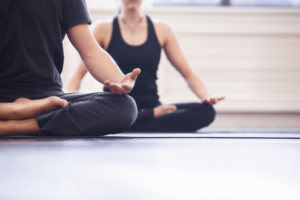
Yes, sport and exercise can generally help to alleviate the symptoms of an irritable bladder. However, you should pay attention to a few points here. Aerobic exercises with low impact and Yoga and Pilates can help you with your complaints. Such exercises include swimming, cycling and dancing. Pilates and yoga can help to increase your strength and flexibility and strengthen your pelvic muscles with certain exercises. On the other hand, jogging, jumping or certain types of strength training can exacerbate the symptoms of irritable bladder syndrome. This is due to the intensity of the exercises and the strong vibrations that can occur. You should also go to the toilet before doing any kind of sport to avoid unnecessary strain on the bladder.


